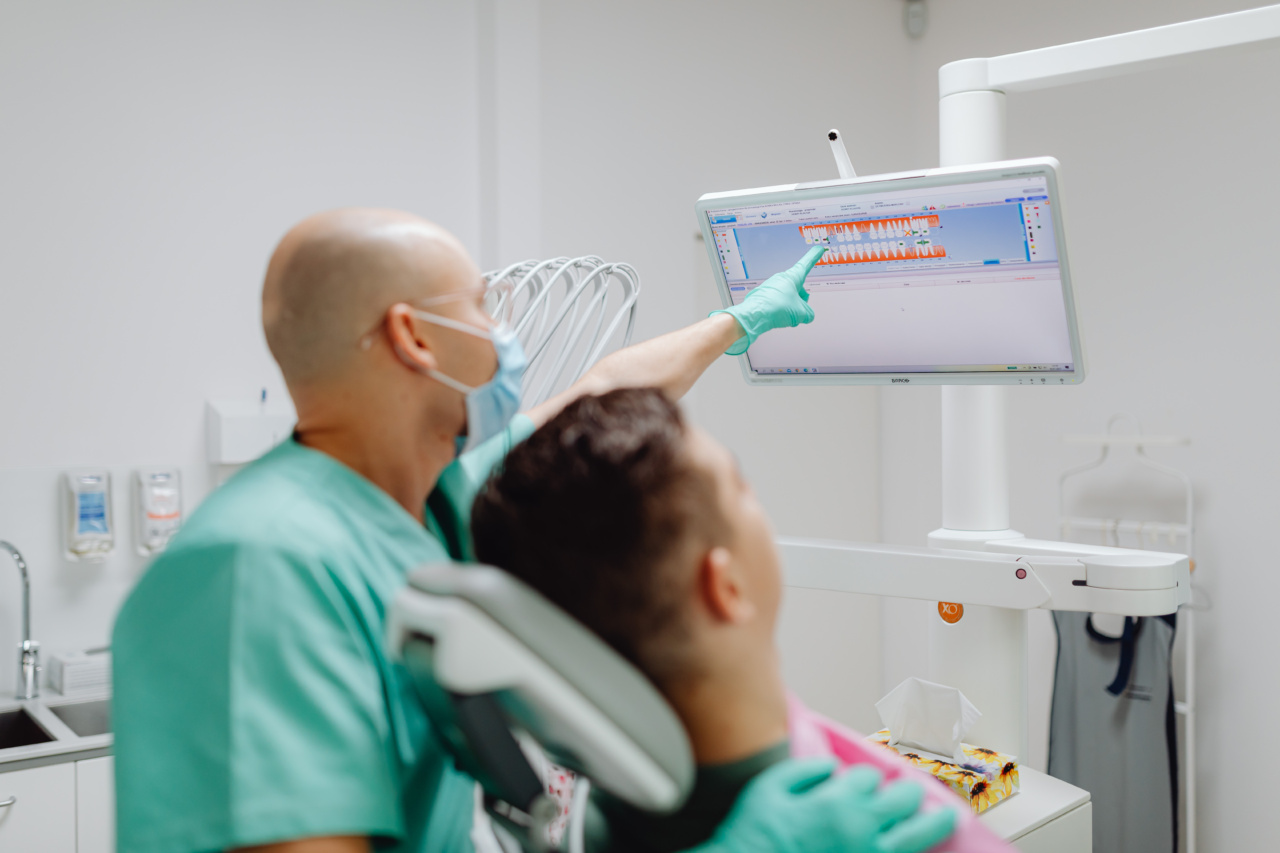Oral phasis is a common dental condition that affects millions of people worldwide. It is characterized by inflammation and swelling of the gums, which can lead to bleeding, bad breath, and tooth loss if left untreated.
In this comprehensive guide, we will explore the causes of oral phasis, its symptoms, and the various treatment options available.
Causes of Oral Phasis
There are several factors that can contribute to the development of oral phasis. These include:.
- Poor oral hygiene
- Smoking and tobacco use
- Hormonal changes, such as during pregnancy
- Genetic predisposition
- Certain medications
- Dietary factors, such as a high sugar intake
Symptoms of Oral Phasis
Most people with oral phasis experience one or more of the following symptoms:.
- Red, swollen gums
- Bleeding gums, especially during brushing or flossing
- Bad breath
- Gum recession
- Tenderness or pain in the gums
- Loose teeth
Diagnosing Oral Phasis
If you suspect that you have oral phasis, it is important to visit a dentist for a proper diagnosis. During the examination, your dentist will:.
- Inspect your gums for signs of inflammation
- Measure the depth of the gum pockets using a periodontal probe
- Take X-rays to assess the extent of bone loss, if present
Treatment Options
The treatment of oral phasis depends on the severity of the condition. Here are some common treatment options:.
1. Improving Oral Hygiene
Good oral hygiene practices, such as brushing twice a day, flossing daily, and using an antibacterial mouthwash, can help reduce inflammation and prevent further gum damage.
2. Scaling and Root Planing
This non-surgical procedure involves deep cleaning of the gums to remove plaque and tartar buildup. It also helps in smoothing the root surfaces to promote gum reattachment.
3. Antibiotics
For more advanced cases of oral phasis, your dentist may prescribe antibiotics to control the infection and reduce inflammation. These can be taken orally or applied as a gel or mouthwash.
4. Gum Grafting
In cases where there is significant gum recession, a gum grafting procedure may be recommended. This involves taking tissue from another part of the mouth and attaching it to the affected area to restore the gumline.
5. Periodontal Surgery
In severe cases, surgical intervention may be necessary to remove tartar deposits, reshape damaged bone, or regenerate lost bone tissue.
6. Lifestyle Changes
Quitting smoking, maintaining a balanced diet, and managing underlying conditions like diabetes can help improve the overall health of your gums and prevent the progression of oral phasis.
Preventing Oral Phasis
Prevention is always better than cure. Here are some tips to help prevent oral phasis:.
- Brush your teeth twice a day with a fluoride toothpaste
- Floss daily to remove plaque from between your teeth
- Limit your sugar intake and avoid sugary snacks and drinks
- Visit your dentist regularly for professional cleanings and check-ups
- Quit smoking or using tobacco products
- Manage health conditions like diabetes
Conclusion
Oral phasis can have serious consequences if left untreated. However, with early diagnosis and appropriate treatment, it is possible to control the condition and maintain good oral health.
Remember to consult a dentist if you experience any symptoms of oral phasis, and follow a proactive approach to oral hygiene and overall health.


























